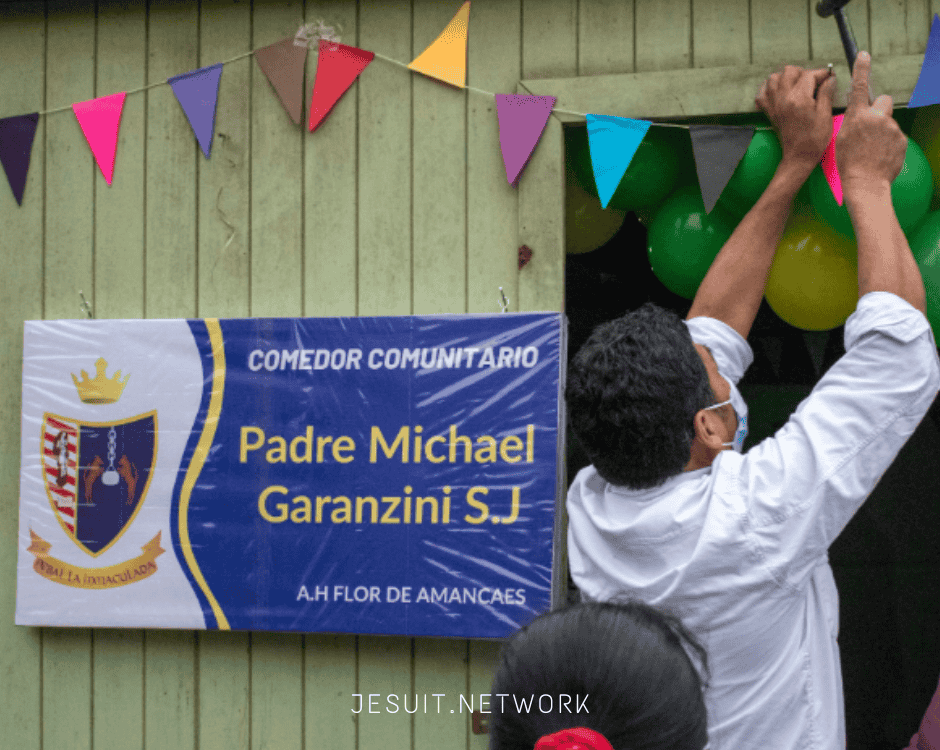This website uses cookies so that we can provide you with the best user experience possible. Cookie information is stored in your browser and performs functions such as recognising you when you return to our website and helping our team to understand which sections of the website you find most interesting and useful.
Creating a Culture of Collaboration at Georgetown University
By Dr. Paul Almeida, Dean and William R. Berkley Chair, Professor of Strategy, Georgetown University’s McDonough School of Business
As the world becomes more interconnected and complex, so do the major issues facing society today: healthcare, climate change, global migration, artificial intelligence, to name a few. Academia exists, in part, to create and disseminate the knowledge that can help us better understand and solve these global challenges. Yet higher education may not be ready to take on these issues, not for a lack of expertise but, rather, because academia is caught up in its centuries-old tradition of conducting research and teaching within narrow siloed areas of expertise. Higher education has an opportunity to move beyond these historical ways of thinking and acting by collaborating across schools, departments and functional areas to reach our potential and better fulfill our mission.
Working within disciplines has many advantages. Functionally organized schools and departments allow for efficient organization, enhanced specialization, and the sharing of expertise among scholars and students with common interests. But no single organization or individual has all of the knowledge or insights to be able to identify all of the challenges, let alone come up with all of the solutions.
Now, imagine what our faculty, students and alumni with expertise in business, the sciences, government, law and communications could accomplish together to solve these problems. Even better, imagine what our communities could accomplish if we begin teaching, researching, and building programs across disciplines, allowing students to begin thinking in new ways before they are faced with these challenges in the real world.
At Georgetown University’s McDonough School of Business, we have spent the last two years formally exploring collaborations across the University. We recently launched the Pivot Program with the Georgetown Prisons and Justice Initiative to teach entrepreneurship and the liberal arts to formerly incarcerated citizens from the District of Columbia. In addition, we are in the process of developing Georgetown’s first joint undergraduate degree in Business and Global Affairs with our School of Foreign Service. This program is being designed from scratch to integrate concepts across both disciplines rather than asking students to take courses in both schools independently of each other.
While these initiatives are important, they are just the first step. The greater challenge is to create a rich culture of collaboration within our institutions so that we make a habit of continuous dialogue and exploration, rich interactions, and “back-and-forthing.” If successful, we will keep discovering both challenges to which we can offer insights and advice as well as actual solutions. Most important, we will develop the relationships, trust and understanding that allow us to work with complexity. Collaboration is not quick or easy, but starting early can yield much success in the future by creating an atmosphere that will endure long after we are gone.
As higher education continues to face disruption and change, collaboration allows us to take advantage of open space at the crossroads of disciplines by allowing that overlap to be realized and understood. We can create so many more opportunities to fulfill higher education’s purpose by learning and teaching about new areas that exist at the intersections that we ignore. If you think about it, the problems we are solving at Georgetown, like integrating former prisoners into society, are not new. We are just discovering new ways of thinking about them by reaching out across schools and programs.
I encourage you to start small and explore ways to collaborate across your colleges and universities. Leverage your unique strengths to differentiate what it means to be a part of your community, just as Georgetown continues to build upon our location in Washington, D.C., our community of expertise in key disciplines, and our Jesuit identity.
As members of a global community of Jesuit institutions with a common mindset, we also have an opportunity to collaborate with one another. Over the years, Georgetown has developed partnerships with several Jesuit institutions, most notably ESADE in Spain, where we work together to offer programs, certificates and study abroad exchanges, and share research.
I often ask our community to imagine a world led by our alumni who not only understand the big issues facing mankind, but who have the tools, expertise and relationships needed to solve them, and who are inspired by the Jesuit mission to continuously serve humanity. This vision holds true for all of us in the Jesuit network. I want us to live in that world, which we can create together.
Source: AJCU
Photo: Georgetown University





